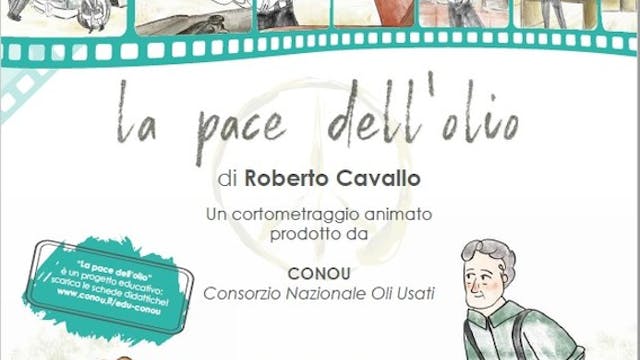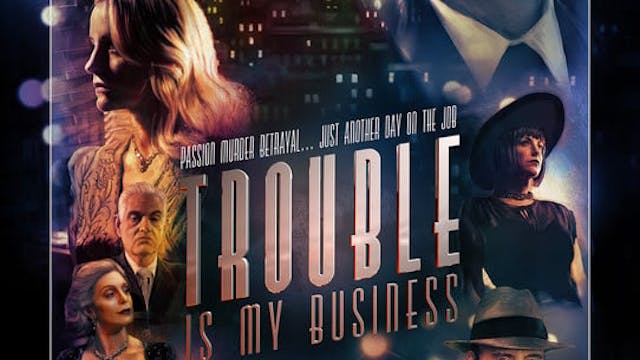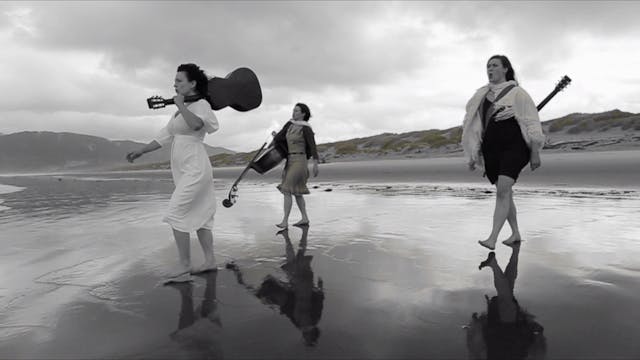GREENFINGERS short film, audience reactions (director interview)
FESTIVAL AUDIENCE FEEDBACK VIDEOS
•
Documentary, Independent, Short Films
GREENFINGERS, 16min., UK, Documentary
Directed by Max Hayes
Following fateful scientific reports, protestors pose the argument for a better future against the vested interest of industry. Small to large, individual to collective, where do I fit into this?
Get to know the filmmaker:
1. What motivated you to make this film?
I knew throughout my Middlesex University Film BA that I wanted my final year project to be a documentary. Climate activism is a subject that I'm existentially tied to but I didn't think I was well connected enough to make a film on it. When I fully considered how I wanted to use my time in education I decided to go for it, commit to researching environmentalism and hope that the experience could make a story.
I found that media coverage is set up to make activists defend their actions; whilst this is an important question to ask, I found this necessitates the activists to be combative towards the interviewer and I wanted to use my film to show their genuine humanity that may not be captured on the news.
I've studied Berthold Brecht and believe that addressing the audience directly and taking them out of the illusion of a film is important to communicate a political message. Barbara Kruger and Shepard Fairey's bold work appealed to me as something that is both political, visually captivating and could be used to break my project up into chapters. They all motivated me to add a more experimental artistic side to the documentary.
2. From the idea to the finished product, how long did it take for you
to make this film?
It took me pretty much exactly a year to do. I did about 4 to 5 months of research, reading books on documentary, political art and propaganda. I think Conflictual Aesthetics by Oliver Marchant specifically stood out to me as a great theoretical text. I also watched environmental films, a personal favourite of mine called Denial, 2016 by Derek Hallquist tells a broad story of how societal myths like greenwashing can enforce destructive norms.
There was a lot of background work which enabled me to film protests as they happened and get the confidence of the protestors. Shooting each chapter was individually organised; these spanned over 6 months. I used the remaining couple of months to focus on the titular sequences (which were card cut outs made by myself) and graphics and text throughout. We shot the final can scenes outside of the Houses of Parliament during the early morning of May and worked on the edits after.
3. How would you describe your film in two words!?
Activist's Propaganda
4. What was the biggest obstacle you faced in completing this film?
The biggest obstacle for me was working on the project mainly on my own whilst having climate anxiety. I had to carry heavy equipment around with me from public transport to protests and set it up each time on my own. Trying to form a narrative out of so many events was quite taxing. I always wanted Buzz to start the film but towards the post-production of the film I accidentally lost all my footage and had to find another time to go back to Fishguard and reshoot it. Looking back on my mistake I'm glad it happened as I felt I knew where my project was going and could fit the intro to that, like writing an intro after finishing an essay.
5. What were your initial reactions when watching the audience talking
about your film in the feedback video?
I was really pleased that people understood where I was coming from, even viewers in America could understand how I was using film to show activists empathetically and give their activism a fair platform. I finished the project before the canned soup was thrown at Van Gough's Sunflowers and I was thrilled that there were a lot of references to the artistic side of the documentary in the feedback.
6. When did you realize that you wanted to make films?
I wanted to be a creative director for computer games when I was younger. At my school I had an extracurricular opportunity to make a film about a school trip which was well received and used as a promotion for the school. I took part in a British Film Institute summer school and got the chance to watch Micheal Moore's Bowling for Columbine, parts of the documentary challenged what I thought about traditional documentary films; Working within the boundaries of reality is testing and documentary became the most interesting genre for me.
7. What film have you seen the most in your life?
I enjoy watching films that have an edge of humour, my most watched films are Knives Out, JoJo Rabbit and Four Lion. I would say the documentary I've seen the most is Bowling for Columbine but Stacy Dooley's Second Chance Sex Offenders is also very interesting as the crew are shocked by new information that completely changes the stakes of the film.
8. What other elements of the festival experience can we and other
festivals implement to satisfy you and help you further your filmmaking
career?
I would really like to see the other selected works or have a contact point to other filmmakers in the festival.
9. You submitted to the festival via FilmFreeway. How has your
experiences been working on the festival platform site?
Great, I've been using FilmFreeway for a while now and it acts as a great way to search and contact festivals but also a great way to showcase your work.
10. What is your favorite meal?
It was lasagne but over this documentary I stopped eating meat and haven't really looked back. I think maybe some sort of Falafel wrap.
11. What is next for you? A new film?
I work freelance as a sound recordist which I have been really enjoying. I would like to venture back into documentaries, and do it collaboratively as Greenfingers was shot mainly on my own. I want to create a project on my Dad's work as an orchardist, restoring ancient orchards and the ecosystems surrounding them.
Up Next in FESTIVAL AUDIENCE FEEDBACK VIDEOS
-
THE PEACE OF OIL short film, audience...
THE PEACE OF OIL, 5min., Italy, Animation
Directed by Francesco Catarinolo
“Because oil brings peace among the elements. It takes on the weight of the ratio of the components. It removes the waste from difficult situations until they are easy. This is why it becomes black, so that others continue... -
TROUBLE IS MY BUSINESS short film, au...
TROUBLE IS MY BUSINESS, 89min., USA, Crime/Detective
Directed by Tom Konkle
Private Investigator Roland Drake falls for two sisters from the Montemar family. One woman is dead and the other wants to kill him.Get to know the filmmaker:
1. What motivated you to make this film?
When I decided to...
-
SIREN WILL SOUND short film, audience...
SIREN WILL SOUND, 4min., USA, Music Video
Directed by Pete Fitz
Three women descend into the sea, instruments in hand.


